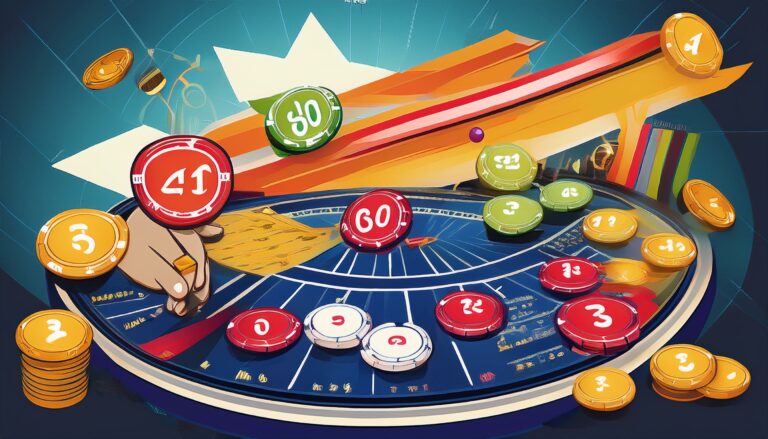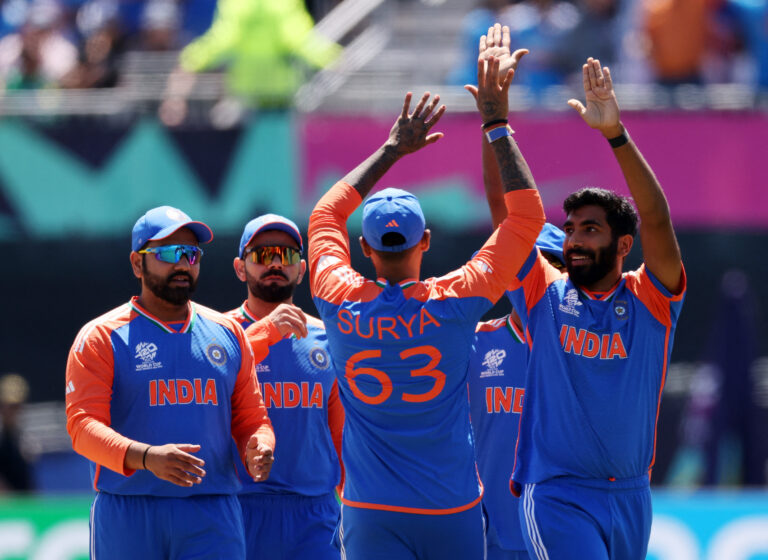The Role of Cricket in Promoting Social and Cultural Change
Play99exch, Allpaanel: Cricket, with its roots tracing back to the 16th century, holds a deep historical significance that transcends time and continents. Originating in England, the sport quickly spread across the British Empire, becoming a symbol of colonial influence and power. As British colonizers introduced cricket to various regions, it became not just a sport, but a tool for cultural assimilation and control.
Throughout history, cricket has played a pivotal role in shaping societal norms and identities. In colonial India, for example, the sport became a powerful means for the Indian elite to engage with their British rulers, blurring lines of hierarchy and fostering a sense of camaraderie. Similarly, in the Caribbean, cricket served as a platform for resistance against colonial rule, as players like Sir Frank Worrell used the sport to unite diverse communities in the face of adversity.
Cricket as a Tool for Empowerment
Cricket has emerged as a powerful tool for empowerment, especially in developing countries where the sport is deeply ingrained in the social fabric. Through cricket, individuals from all walks of life have found a platform to showcase their talent and rise above societal limitations. The sport provides a sense of unity and purpose, empowering players to break free from constraints and strive for success on and off the field.
Cricket’s ability to empower extends beyond the boundaries of the game itself. By instilling values of teamwork, discipline, and perseverance, cricket equips individuals with the skills and confidence needed to navigate challenges and seize opportunities. Through training, competition, and mentorship, cricket creates a pathway for personal growth and development, enabling players to unlock their full potential and pursue their aspirations with determination.
Cricket’s Influence on Gender Equality
Cricket has been a sport traditionally dominated by men, with limited opportunities for women to participate at a competitive level. However, in recent years, there has been a noticeable shift towards promoting gender equality in cricket. More female cricketers are being given the platform to showcase their skills and talent on the international stage, thereby challenging the norms and stereotypes associated with the sport.
The increased visibility of women’s cricket has not only inspired a new generation of female athletes but has also encouraged societal attitudes towards gender roles to evolve. By providing equal opportunities for both men and women to excel in the sport, cricket is playing a significant role in breaking down barriers and promoting inclusivity. This shift towards gender equality in cricket is not only beneficial for the sport itself but also has broader implications for promoting gender equality in society as a whole.
Cricket’s Impact on Racial Integration
Cricket stands out as a sport that has played a crucial role in breaking down racial barriers and fostering racial integration in communities around the world. Through the shared passion for the game, individuals from diverse racial backgrounds have come together on the cricket field, transcending societal divisions and prejudices. The spirit of sportsmanship and teamwork in cricket has enabled players to form bonds that go beyond skin color or ethnicity, promoting understanding and unity.
Historically, cricket has served as a platform where racial inclusivity has been championed, challenging discriminatory practices and promoting a sense of equality among players and spectators alike. The integration of players from different racial backgrounds in cricket teams has not only enriched the sport but has also set an example of cooperation and harmony that extends beyond the boundary lines. By showcasing the power of unity and collaboration, cricket has emerged as a powerful force in promoting racial integration and harmony in societies.
The Role of Cricket in Fostering Inclusivity
Cricket has long been a sport that transcends boundaries of race, class, and nationality. Its ability to bring people together from diverse backgrounds onto a common field is unparalleled. Through the shared passion for the game, individuals from all walks of life find common ground and build bridges of understanding and respect.
Inclusivity in cricket is evident not only in the players but also in the spectators who come together to support their teams. Whether it is a World Cup match or a local game at the park, cricket unites people in a shared experience that goes beyond differences. The sport fosters a sense of belonging and acceptance, creating a space where everyone can come together as equals in pursuit of a common goal.
Cricket’s Contribution to National Identity
Cricket stands as a powerful symbol of national identity in many countries around the world. The sport carries a deep historical significance, intertwining with the cultural fabric of nations and uniting people in their shared passion for the game. From India to England, Australia to the West Indies, cricket transcends borders and languages, creating a sense of belonging and pride among its fans.
The success and achievements of cricket teams often mirror the aspirations and struggles of a nation, embodying the collective spirit and resilience of its people. Victory on the cricket field is celebrated not just as a sporting triumph, but as a source of national pride and unity. The iconic moments in cricket history are enshrined in the memories of generations, serving as a testament to the enduring legacy of the sport in shaping national identity.
Cricket’s Role in Breaking Down Social Barriers
Cricket has long been recognized as a powerful force in breaking down social barriers. This sport, with its rich history and global appeal, has the ability to connect people from diverse backgrounds and unite them in a common passion. Through the shared experience of playing and watching cricket, individuals are able to transcend societal divides and come together as equals on the field.
In many parts of the world, cricket serves as a platform for promoting social cohesion and understanding among different communities. By bringing people from various walks of life together, cricket fosters mutual respect and empathy, creating a sense of belonging and shared identity. This sense of unity not only promotes goodwill and harmony but also helps in challenging stereotypes and dismantling prejudices that may exist within society.
Cricket’s Influence on Cultural Exchange
Cricket, beyond being a sport, serves as a powerful vehicle for cultural exchange. The game’s global appeal has facilitated interactions between people from diverse backgrounds, fostering mutual understanding and appreciation for different traditions. Through cricket, players and fans alike have the opportunity to learn about and embrace various cultural practices, promoting respect and tolerance across borders.
As teams compete in international tournaments and matches, they bring with them a rich tapestry of traditions and customs that are shared and celebrated on a global stage. This exchange of cultures not only enriches the sport itself but also enriches the lives of those involved, creating a sense of unity and community among individuals from different parts of the world. The cultural exchange facilitated by cricket serves as a reminder of the common humanity that binds us all together, transcending boundaries and promoting a spirit of camaraderie and diversity.
The Transformative Power of Cricket
Cricket has the remarkable ability to transcend borders, cultures, and social divides. Through its rich history and global appeal, cricket has emerged as a powerful tool for uniting people from diverse backgrounds and fostering a sense of community and camaraderie. The sport’s universal language has the capacity to bring people together, regardless of their differences, and create a shared sense of passion and pride.
Beyond the boundaries of the pitch, cricket plays a significant role in promoting social change and addressing important issues such as inequality and discrimination. By providing a platform for individuals to showcase their talents and skills, cricket empowers players to challenge stereotypes and break down existing barriers. This transformative power of cricket extends beyond the game itself, inspiring positive change and promoting inclusivity in society.
Cricket as a Catalyst for Social Change
Cricket has long been recognized as more than just a sport; it serves as a powerful catalyst for social change. Through its widespread popularity and influence across various communities, cricket has the ability to bring people together and bridge divides. The sport transcends social barriers, allowing individuals from diverse backgrounds to come together on a common platform, fostering unity and solidarity.
Furthermore, cricket has the potential to drive positive change by promoting values of teamwork, sportsmanship, and perseverance. By engaging in the spirit of competition and mutual respect on the cricket field, players and fans alike learn the importance of respect, fair play, and empathy. These values extend beyond the boundary lines of the cricket field, making a lasting impact on communities and societies at large.






